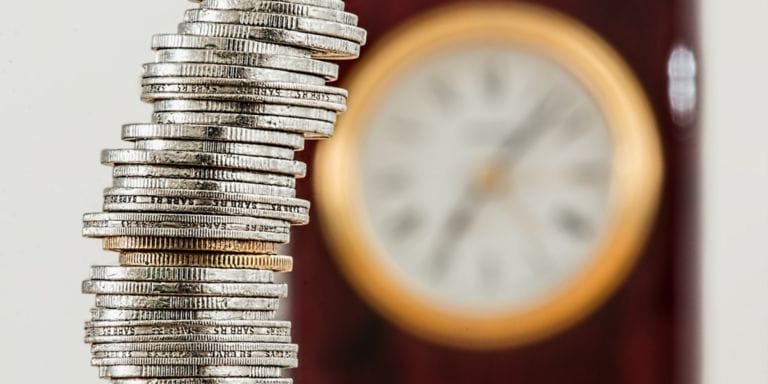Expert witnesses are a critical piece of the deposition puzzle, and every piece of information will be vital when it comes to your trial. It can be daunting to take on individuals who are at the top of their field, especially if you’re not fully familiar with their industry. Fortunately, there are a few simple steps you can take to help you prepare:
Rely on research
Although it can be time-consuming, there is simply no substitute for in-depth research. Your research should focus on both the expert’s industry as well as any publications they may have produced. If your argument relies on contradicting studies or examples, understand how to introduce that information to the expert. Furthermore, it’s a good idea to research the expert’s history within the legal system. Try to uncover whether the witness frequently testifies and if they have any personality traits you can expect to encounter. Lastly, review the curriculum vitae. Although it is unlikely to reveal a fatal flaw, or contain a damning omission, an inaccurate CV can cast doubt on the expert’s credibility.
Consider appearances
Whether we want to admit it or not, appearances are an important part of a deposition. Your treatment of the witness will be under scrutiny. As a result, it’s vital that you remain professional and not lose your cool. Regardless of the way the expert behaves, never lose sight of your strategy. By employing a legal videographer, you can often avoid uncooperative behavior. When experts know they are being recorded, they may be more agreeable. Additionally, videography can capture significant pauses and revealing body language that would not be preserved in the transcription.
Reveal professional philosophies
The most important task when deposing an expert witness is to establish their experience and professional philosophies. For example, if you are deposing a doctor, you may want to determine their belief system when it comes to their practice and procedures. These questions reveal the expert’s level of knowledge and can provide the grounds for impeachment if the witness provides contradictory testimony.
After your deposition, be sure to evaluate the strengths and weaknesses of your witness. For example, if you encounter a particularly strong expert witness, make note! You may be able to contact the expert for future cases.




